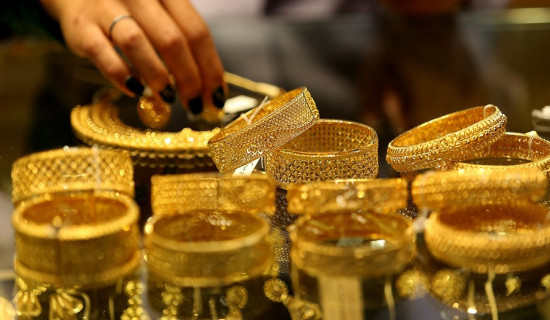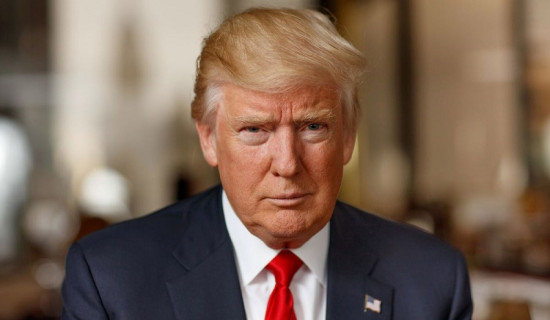- Sunday, 1 February 2026
Guacamole getting harder on avocado shipments
Mexico City, Feb. 13: Guacamole, a favored game-time snack in the United States, may be getting harder to make because a lack of rain and warmer temperatures have resulted in fewer avocados being shipped from Mexico.
The western state of Michoacan, which supplies almost 90% of the creamy textured fruit used in the Super Bowl snack, has suffered a hotter, drier climate that has led to a lack of water in growing areas.
Lakes in the state are drying up: Desperate avocado growers send tanker trucks down to suck up the last water, or divert streams, to feed their thirsty orchards, sparking conflicts. The state received about half the rain it normally gets last year, and reservoirs are at about 40% of capacity, with no rain in sight for months.
Meanwhile, some growers are illegally cutting down pine forests that feed the water system to plant more avocados. To top it all off, a nother American obsession — tequila — is starting to cause problems too.
The whole situation is not good for avocados. Last year, avocado exports from Michoacan for the Super Bowl grew by 20% to 140,000 tons. This year, that number actually declined by 2,000 tons, despite increased planting; meaning fewer of the creamy textured fruit in U.S. produce departments. Alejandro Méndez, the state secretary of the environment, estimates 30% of avocado orchards in Michoacan are now water-stressed.
Something’s got to give, and with consumers demanding more environmentally conscious produce, state officials are finally putting together a sustainable certification program.
The certification program would presumably result in growers improving their water use, enabling them to offer consumers both greener avocados and more of them.
Coming soon to a grocery store near you: fruit with a sticker saying something like “this avocado wasn’t grown on deforested land,” or “this avocado used water responsibly.”
Officials are still working on a catchy slogan for the greener avocados. But given that it’s coming from the same people who brought you years of Super Bowl ads about avocados from Mexico, a catchy slogan is highly likely.
“The idea is that there is going to be a certification sticker with a QR code that you can scan with your telephone, and that link will take you to a page with a satellite photo of the orchard ... and the forest associated with the orchard,” said Méndez.
Because they use more water than pine forests, growers will have to contribute to a fund that ensures several acres of forest are preserved for each acre of orchard.
“So with that orchard, you can be assured the dollar you paid for this avocado is going to preserve this piece of forest,” said Méndez, who estimates about 70% of the orchards in place before 2011 were planted on old farmland, not forests. But the remaining 30% give the rest a bad name, he complains.

















